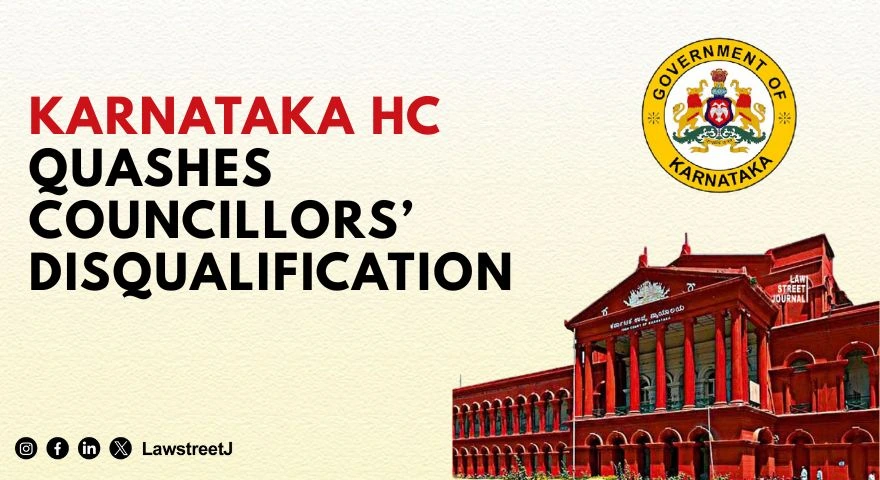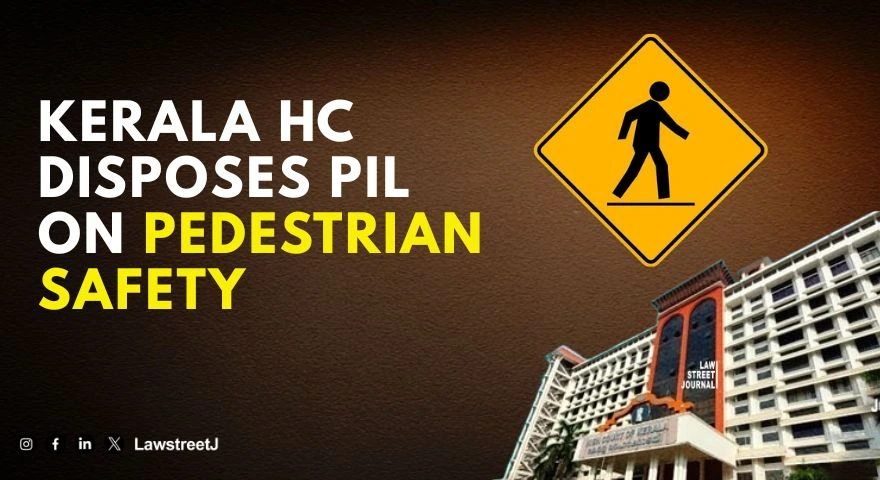In wake of this lockdown, many businesses were shut down. Rising International Company (legal name, Kailashkumar), Madurai, (Petitioner) is a dealer registered under the Goods and Services Tax Act. The business was shut down in April. After the Unlocking phase was started, he reopened his business.
The Superintendent (HPU), CGST, and Central Excise, Madurai inspected and conducted a search of the petitioner's place of business. After completion of the search operation, mahazar was also drawn. All the goods set out in the mahazar together with a number of documents were seized. The inspecting official on scrutiny of the books, registers, and goods found during the inspection, opined that he has reasons to believe that the goods are liable to confiscation. Hence, the order of prohibition was issued directing the dealer not to remove or part with or otherwise deal with the seized goods.
Challenging this order, the petitioner filed a writ petition through his counsel, in which he contended that there was absolutely no reason to believe that the petitioner had indulged in suppression or otherwise contravened any of the provisions of the Act. The respondents had conducted the search without any reasonable basis. It was a fishing enquiry. According to the petitioner, mere non-maintenance of the stock register in the place of business cannot be a ground to order the seizure of the goods. He submitted that the petitioner has been prompt in remitting the customs duty. The petitioner has not at all come under adverse notice.
The counsel for the petitioner relied on the judgment of the Hon'ble Supreme Court reported in AIR 1976 SC 1753 (Income Tax Officer, Calcutta, and Ors. vs. LakhmaniMewalDas) and said More than anything else, the impugned action will have calamitousconsequences on the petitioner's business which had just restarted afterremaining shut down for months due to the Covid-19 outbreak.
Responding to the allegations made by the petitioner, the respondents by its counsel contended that the respondents received intelligence inputs that the petitioner has been evading goods and service tax by misdeclaring the China's origin plastic toys as non-electric toys and paying 12% IGST on the imported goods in place of 18% IGST leviable on such imported Chinese electric toys.
However, the intelligence also indicated that the goods are sold in the Indian market by charging 12% IGST in place of 18% IGST thereby evading GST and causing revenue loss to the exchequer. It is stated that the search operation was conducted with the proper authorization granted under Section 67(2) of the Central Goods and Services Tax Act, 2017. The search conducted on the business premises of the petitioner showed that a huge quantity of the Chinese origin toys stocked in the petitioner'spremises were found unaccounted.
The respondents denied the claim of the petitioner that he produced all the documents and soft copies of sales invoices for the previous assessment years. The respondents reiterated that the petitioner was not able to produce a true and correct account of the stock of goods. The counsel further stated that the petitioner was unable to submit any physical or soft copy of the stock details and sales of details. The petitioner was not maintaining any record relating to the current stock position of the goods. The actual stock position was physically taken and arrived at by the inspecting officials during the search proceedings.
The counsel then pointed out section 35(1) of the Act r/w Rule 56 of the Rules, that the registered dealer is obliged to maintain a true and correct account of stock of goods at his principal place of business. If he fails to account, consequences will follow. He relied on 3 cases - the State of Gujarat vs. Shri Mohanlal JitamaljiPorwal and another, IndruRamchandBharvani vs. Union of India and BhagawanR.Daswani vs. Collector of Central Excise, Coimbatore, and submitted that the writ petition has been prematurely filed and requested the Court to dismiss the writ petition.
On hearing all the contentions from both the parties and going through material records the court said Lord Atkin in his celebrated dissent in Liversidge vs. Anderson (1942) AC 206, proclaimed that laws speak the same language in war as in peace and that the words have only one meaning. I bow in reverential agreement. Likewise, laws speak the same language during normal as well as in pandemic times. But, contemporary imperatives demand that courts, whenever possible, ought to adopt that approach which will kick- start the economy. Salaried classes may not be bearing the brunt. The position of the farmer, manufacturer, and the trader is different. This Court is mindful of the pain and suffering experienced by them.
The court further said that In this case, bare assertion has been made that the impugned proceedings were initiated based on the intelligence developed by CGST (HPU), Madurai that the petitioner is evading GST by mis-declaring the goods while importing. But not a scrap of material was produced before the court. The recitals set out in the order of seizure and the order of prohibition indicate that the formation of the requisite belief is predicated on the scrutiny of the books of account, registers, and documents found during the searchThis is sufficient to invalidate the entire proceedings. But I refrain from doing so. Now that the search has been conducted and it has been shown that the stock register was not maintained at the petitioner's place of business, I do not want to quash the order of seizure.
However, the order of prohibition has to be necessarily interfered with. The search and seizure had taken place on 21.08.2020. By now, more than 40 days have elapsed. Even, a show-cause notice has not been issued to date. The respondents have made a cool statement in their para wise comments that no allegation has been made against the petitioner on the matter under investigation merely by issuing orders of seizure and prohibition and that the matter would be decided by the proper officer under CGST Act only after completion of the investigation of the case., it further added.
It also opined that The respondents may not be in a hurry. They can afford to wait. Officials who get their salaries in the first week of every month may not be conscious of the cost of delays in such cases. Adjudication proceedings may go on for months. That is why the statute provides for provisional release of the detained goods while further stating that that I am of the view that the respondents ought to release the goods on a provisional basis. The respondents are directed to take a personal bond from the petitioner. I wanted to know if the petitioner can offer any security. It appears that the two immovable properties of the petitioner are already under the mortgage. The petitioner states that at best he can deposit a sum of Rs.2.00 lakhs. It is not as if the petitioner is going to run away. He has roots in Madurai. Unless the petitioner is permitted to deal with the goods in question, even if some levy is imposed on the petitioner in the future, he will not be able to pay the same. Common sense dictates that the petitioner is allowed to do business. The respondents are directed to release the goods on taking a personal bond from him and on payment of a sum of Rs.2.00 lakhs. Even while the order of seizure is sustained, the order of prohibition is modified in the above terms. Of course, the respondents are at liberty to conduct adjudication proceedings against the petitioner if he is unable to account for the stock position.
In the end, while partly allowing the petition the court said that I am done with this case. But I cannot help mumbling to myself that the general market is flooded with Chinese goods. The public must make a conscious choice to encourage swadeshi products. Last Sunday, I went out to buy a mobile phone. I could not come across a single Indian brand. It is no use telling the public not to buy Chinese items. The Indian entrepreneur must rise to the occasion. He must ask himself as to why the Chinese products are preferred and he must come out with alternatives. There must be no compromise in quality. At the same time, the price factor should also be borne in mind.








